Be the first to review “Childhood Memories, Poetry & Palestine” Cancel reply
Childhood Memories, Poetry & Palestine
June Jordan talks about her early life and influences growing up in New York, the daughter of immigrant parents. Her mother was from Panama and her father from Jamaica. She made money as a kid writing poetry. “I was a little hustler,” she admits. About politics she says, “There are a lot of Stalinists out there. A lot of people like to feel they are right.” She reads a great poem describing this tendency entitled “A Short Note to My Very Critical and Well-Beloved Friends and Comrades.” She advises them to “chill a little bit.” On Palestine she says, “I can’t think of another subject in the world today or in our U.S. that people approach with more trepidation and fear.” She adds, “Palestinians are not seen as having normal, regular human rights, while Israel is seen as exempt from all international law, that perpetrates a racist discourse that is the moral litmus test of my life.” She denounces the huge amount of money the U.S. gives to Israel and the measly amount to the countries of Sub-Saharan Africa.
Interview by David Barsamian.
Speaker
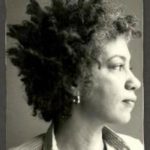
June Jordan
June Jordan, an award-winning poet, essayist and critic, was born in Harlem to parents who were immigrants from the West Indies. She was professor of African American Studies at the University of California at Berkeley, where she was the founder and Director of the Poetry for the People program. Described as “the most published African American in history,” she wrote numerous books including Technical Difficulties, Naming Our Destiny, Affirmative Acts, Poetry for the People, Haruko/Love Poems, and Soldier, a memoir of her childhood. She died in 2002.

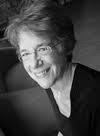
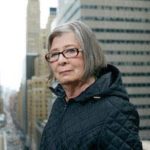
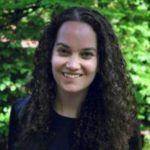
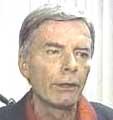

Reviews
There are no reviews yet.